There are a few important concepts to learn about when it comes to North Korean state ideologies. The most important is probably Juche (‘self-reliance’), created by Kim Il Sung. Secondary to this is Songun – ‘military first’ – which was created by Kim Jong Il.
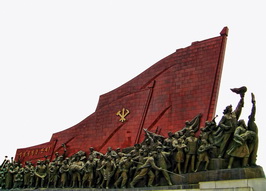
Table of Contents
Songun: ‘military first’
“Although we cannot give sweets to our children now, without bullets, we cannot survive.” – Kim Jong Il
In short, Songun puts the Korean People’s Army above all else, and makes it the priority of the DPRK both politically and economically. The KPA are seen as the guardians of the party, state ideology and the people, and its welfare is thus more important than anything else in the country.
The Development of Songun
Songun traces its origins back to the anti-Japanese struggle.
In June 1930, during a meeting of leading cadres of the Communist Youth League and the Down With Imperialism Union held in Karyun, Kim Il Sung put forward a strategy of armed resistance against Japan based on the principles of Songun, thus laying the foundations of the ideology. The essence of this thought was to achieve Korea’s independence through the barrel of a gun, and to drive the revolution forward through armed struggle.
According to the DPRK’s national narrative, part of Kim Il Sung’s contribution to Songun ideology is attributed to his father, Kim Hyong Jik, who believed that organised armed struggle was the most advanced and effective means of achieving Korea’s independence. The two pistols that Kim Il Sung inherited from his father symbolise this far-sighted vision and legacy.
Consequently, both Kim Il Sung and Kim Jong Il consistently practised military-first politics. However, Songun ideology only became official policy and was fully implemented after the death of Kim Il Sung in 1994.
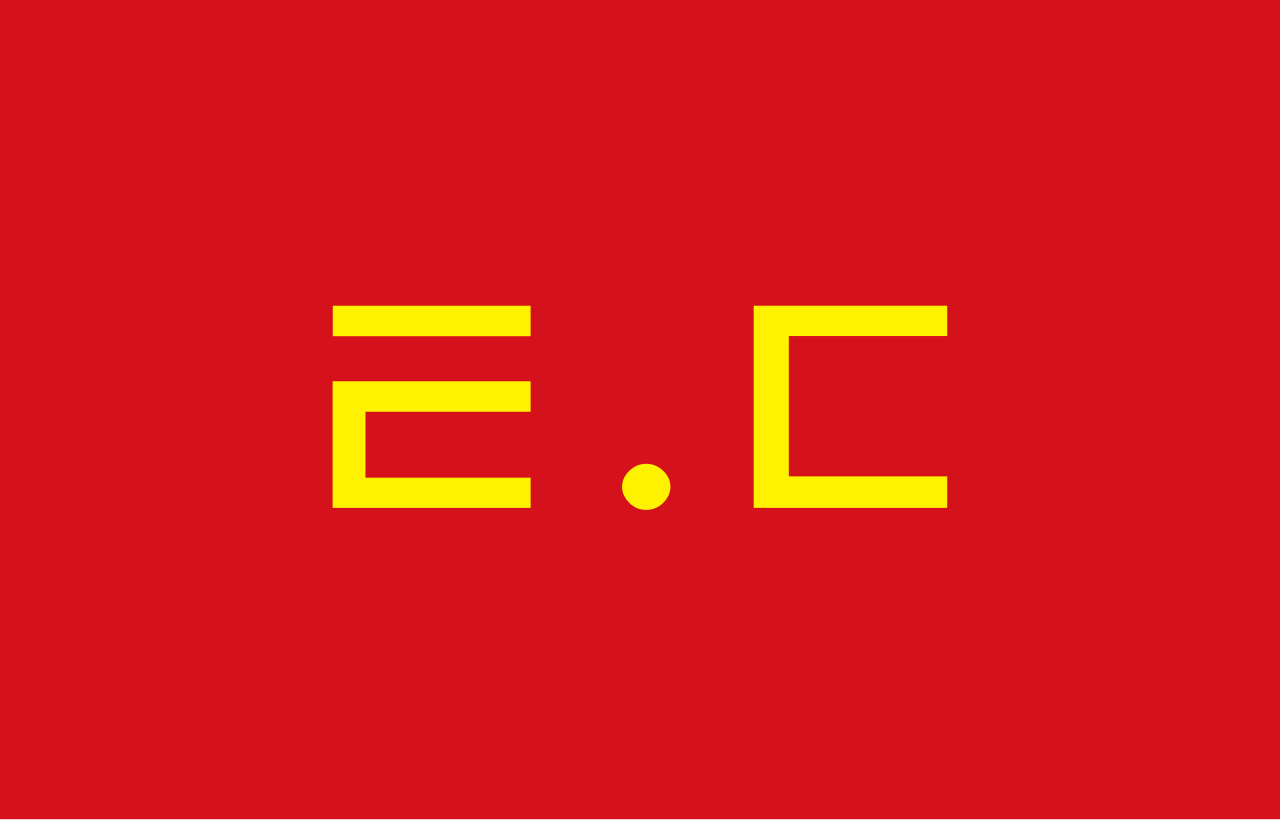
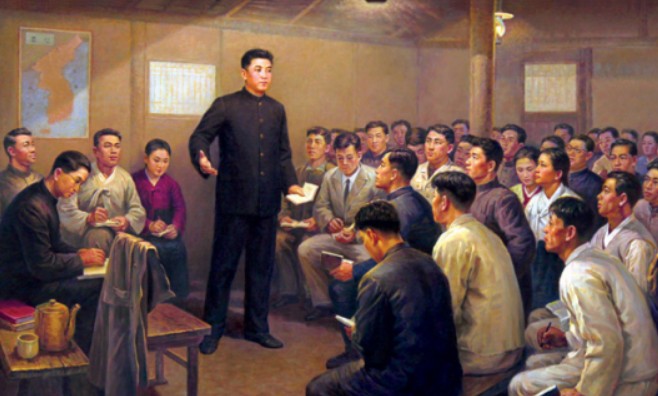
The Songun Policy
Following the end of the Korean War, the DPRK, aided by support from other socialist countries, developed into a relatively advanced industrial nation. Under the Council for Mutual Economic Assistance (COMECON) system led by the Soviet Union, North Korea was able to purchase oil at heavily subsidised “friendship prices.” After the dissolution of the Soviet Union, the DPRK had to purchase oil from Russia at market prices, which had to be paid for in US dollars or gold. This marked the disappearance of cheap energy and access to a vast socialist market, severely straining North Korea’s foreign exchange reserves.
At the same time, the collapse of Eastern Europe, the establishment of diplomatic relations between South Korea and former socialist states such as China, and the United States’ renewed interventionist policies, compelled the DPRK to continue prioritising ideological struggle in order to maintain regime stability.
On January 1st 1995, Kim Jong Il proclaimed the military as the nation’s priority. This had practical effects during the Arduous March, the most impactful of which was that KPA soldiers were the first to receive food rations.
In September 1998, North Korea amended its constitution to establish a leadership system centred on the National Defence Commission, which thereafter became the de facto supreme organ of state power. From this point on, the status of the military surpassed that of the workers, peasants, and intellectuals – traditionally represented on the flag of the Workers’ Party of Korea. Furthermore, the military was granted the authority to engage in commercial activities.
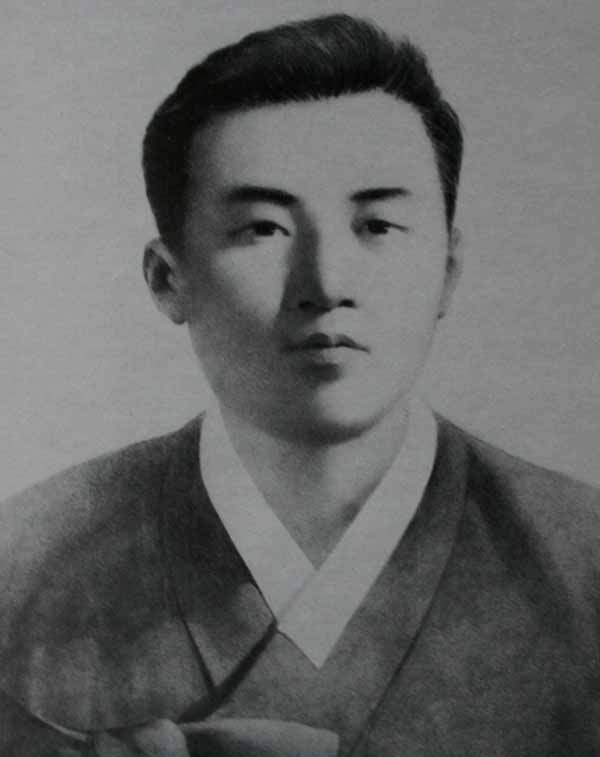
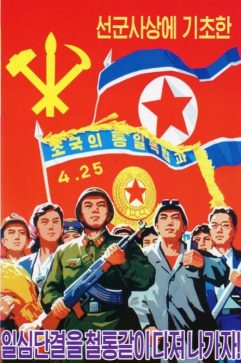
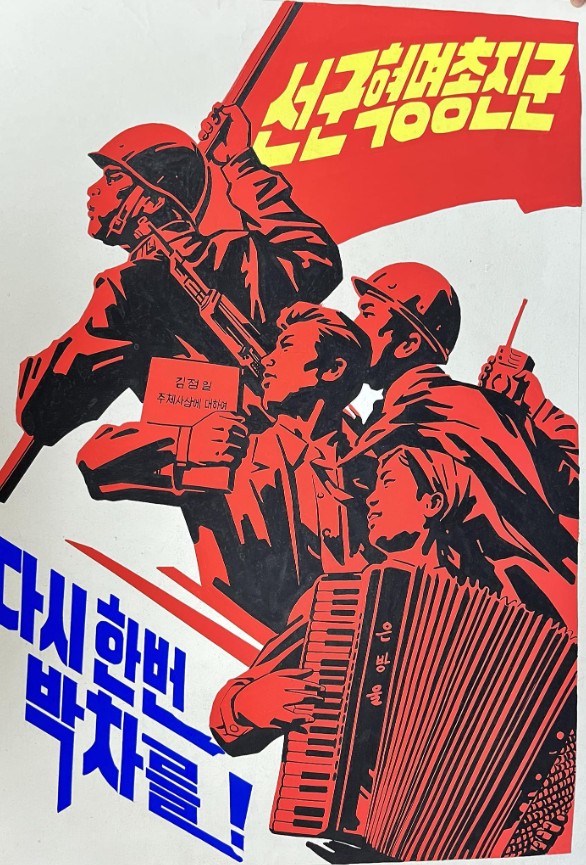
Songun and the KPA in recent years
Since the mid-90s, then, the KPA have featured prominently in North Korean politics and economics. Some felt that after Kim Jong Un took power, the prominence of the military might be scaled down, but this has not happened that quickly; Songun and Juche remain the guiding stars of North Korean state ideology.
Prior to 2019, Kim Jong Un had been gradually steering the country away from Songun (military-first) politics and towards a Party-first model. He advocated for the establishment of the Party’s sole leadership system, reinforcing the Party’s control over all aspects of governance, with the aim of returning national political life to a state of normalcy.
In June 2013, North Korea revised the Ten Principles for the Establishment of the Party’s Monolithic Ideological System, emphasising the absolute leadership of the Party. The revised principles stipulated that all undertakings must be organised and carried out under the Party’s direction, and that all major decisions should be made through mechanisms such as the Political Bureau of the Central Committee and the Supreme People’s Assembly. Slogans and ideological formulations such as “Our State First” and “The People First” reflected this push towards the normalisation of state governance.
In 2019, Songun ideology was removed from the DPRK Constitution, signalling a return to the dual emphasis on economic and defence development – a line originally pursued by Kim Il Sung. However, following the collapse of the Hanoi Summit between Kim Jong Un and Donald Trump, and the increasingly tense international environment, North Korea reaffirmed its commitment to the Songun line in 2022, albeit with a shift in focus – now centred on the development of advanced, high-precision weaponry under a renewed military-first policy.
North Koreans are generally very knowledgeable about Songun, and when you take a trip with Young Pioneer Tours to North Korea, your guides will be more than happy to answer any questions you might have about the state ideologies of the country.
If you have a specific interest in the politics of the tour, check out our North Korea tour page and join our next available tour!





